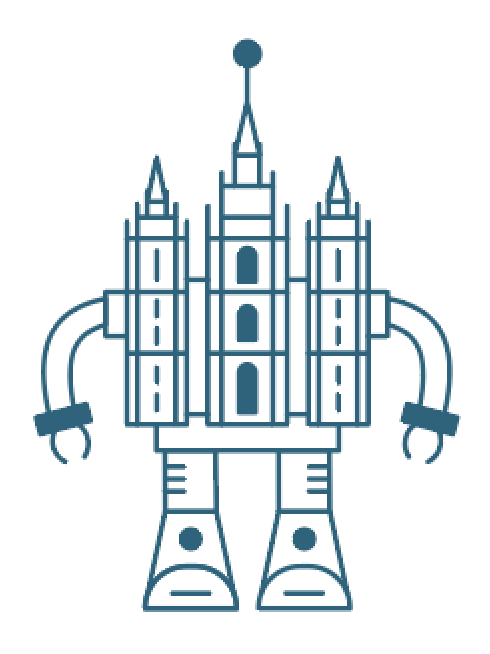CIA and the Church

Are members of the Church overrepresented in the CIA?
Probably, but there aren't any solid numbers available supporting this. The only direct pieces of evidence supporting this are public statements made by CIA recruiters indicating that have had success recruiting from BYU.[1]
Does this Church have any official relationship with the CIA?
No, but foreign governments have believed that they do. For example, in Russia, the Church's perceived relationship with the CIA led to a major curtailing of the Church's capacity to proselytize.[2] In 1989, the government in Ghana accused missionaries of being CIA operatives,[3] leading to a ban on public Church activities for close to 18 months.
Is there a scriptural precedent for the use of intelligence-gathering?
Yes, there is. In the Old Testament, when Moses[BIO] prepared to invade Canaan, he commissioned twelve spies to conduct espionage against Canaanites.[4] Similarly, in the Book of Mormon, Captain Moroni[BIO] "sent spies into the wilderness to watch their camp."[5] Captain Moroni's intelligence-gathering effort proved successful.[6]
Were members of the Church involved in the CIA torture program used against Al-Qaeda?
Yes. Shortly after 9/11, the CIA contracted two psychologists, James Elmer Mitchell[BIO] and Bruce Jessen,[BIO] a Latter-day Saint bishop,[7] to develop "enhanced interrogation techniques" that would not technically fall under the definition of torture.[8] In 2014, Jessen stepped down from his position as bishop.[9]
Although journalists identified Mitchell as a Latter-day Saint, he currently does not identify as a Latter-day Saint.[10]
In August 2002, Assistant Attorney General Jay Bybee,[BIO] also a Latter-day Saint, advocated for torture's legal justification and constitutionality.[11] He, along with his deputy, John Yoo,[BIO] determined that a "significant range of acts" were, while perhaps "cruel, inhuman, or degrading," did not legally constitute "torture." [12]
Does the CIA recruit from the Church membership because they are conditioned to follow authoritative organizations?
Possibly, but there are also other reasons that Church members would be attractive to the CIA. The Church's global missionary program regularly produces men and women who are fluent in another language[13] and familiar with other cultures.[14] Many members also have stable family relationships[15] and a clear sense of personal and professional purpose.[16] This makes them attractive recruits for government agencies.
Related Question
Do Church members consider Donald Trump to be a Captain Moroni figure?
Read more in Donald Trump and Captain Moroni
How can a faithful member of the Church be okay with working for the CIA if it's involved in unethical activities?
The Church grants wide allowance for individuals working for their government,[17] and Latter-day Saint scripture has precedent[18] for the use of espionage.
During World War II, the First Presidency declared that God would not punish citizens for "acts done by them as the innocent instrumentalities of a sovereign" whom God had instructed them to obey and "whose will they were powerless to resist.”[19] However, Latter-day Saints can and, at times, do commit acts beyond their roles as "instrumentalities" and will need to answer for their acts before God.[20]
Are there any current or past General Authorities that have worked for the CIA?
Neal A. Maxwell[BIO] worked as a CIA economic analyst from 1952 to 1954. [21]
- Brice
“I don’t think that it’s just the CIA hiring Latter-day Saints. Wouldn’t be surprised if other intelligence agencies in the US recruit them. Probably why besides the natural environment for computer servers the NSA built a computer server facility in Utah.” - Henry Hopson
“I am a member of the LDS church and I have researched the validity of church members working with the CIA and find no conflict, by reading the church scriptures, including the Bible.”



 about this topic
about this topic